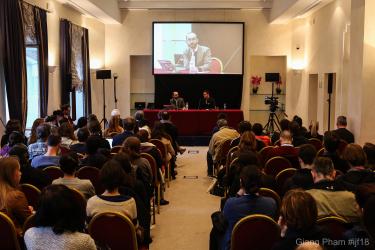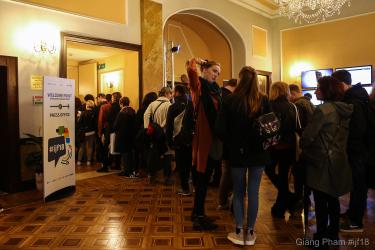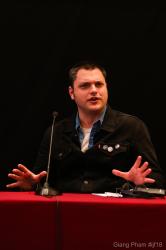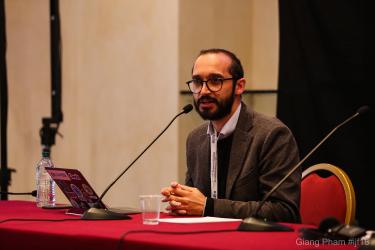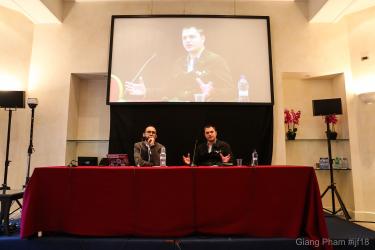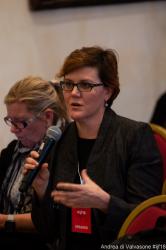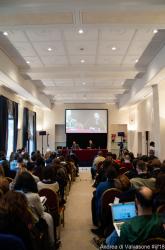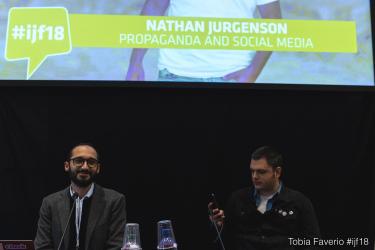In conversation with Nathan Jurgenson. Moderated by Fabio Chiusi.
The argument against "normalizing" political figures like Trump risks missing how normal politics-as-entertainment is and how normal bigotry is in the political process. Campaigns and their coverage are more often hostile to real politics but instead consist of objectively dumb speeches, pretend debates, and breathless hype — essentially fan fiction — that elevates a ridiculous authority figure chosen by a massive reality show. To understand Trump’s tenure, we must better describe how his conduct aligns with conventional “normal” presidencies and how they have been covered. Criticizing Trump in order to prop up a fantasy of presidential dignity fundamentally misunderstands American politics.
The most important moment in the coverage of Donald Trump’s presidential campaign was the first: when his political career was greeted by pundits and journalists with laughter. For those whose job it was to describe it, political reality was downright laughable. And after election night, we failed to put the feelings of shock and confusion to good use. The degree of disconnect between political reality and how journalists and pundits describe it was exposed, yet little has changed. We didn’t imagine different ways of doing things. The same mainstream outlets and often the same misleading commentators still have the job of describing the political world. It’s not enough to therefore conclude that, in the business of political journalism, competency simply doesn’t matter. The more plausible assumption is that political news coverage didn’t fail at its supposed job of informing voters so they could perform their civic duty, but that it succeeded at something else.
The news spinning ever faster is the logic of attention working itself out efficiently and profitably. It is the underlying logic that shapes the behavior of both politicians and how they are covered. Indeed, the quicker cadence of the news has been one of its defining features for as long as we’ve had mass media, from the first ticker in Times Square to hourly radio updates to 24-hour cable TV networks to Twitter, an app turned news show about Trump. There is more news to cover, always bigger, with higher ratings, and a president who abides by such ratings demands. At last the news business is no longer beholden to electoral news cycles: Trump’s election has pulled off the trick of making the campaign perpetual. An election that never ends. Can journalism break from the idea that more information means being more informed?



